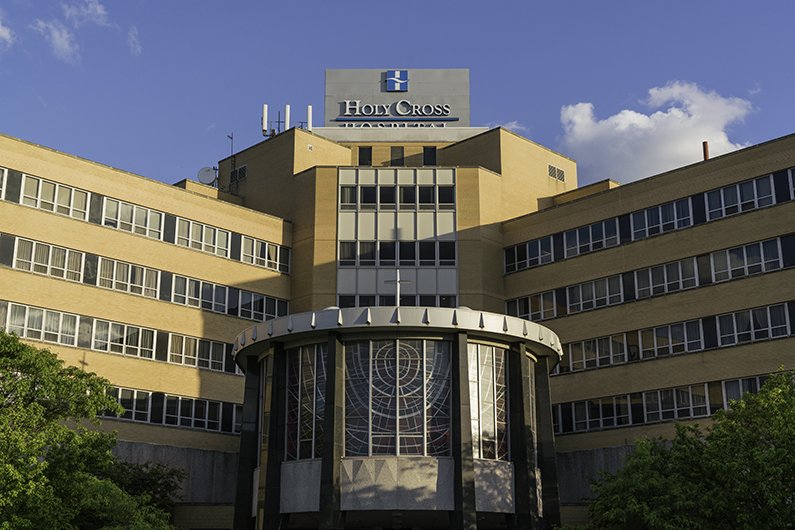U.S. Catholic Bishops Vote to Ban Transgender Medical Operations
In a significant decision, the United States Conference of Catholic Bishops (USCCB) has voted to prohibit transgender medical operations at Catholic hospitals. This resolution was passed during the bishops' recent assembly, reflecting the Church's longstanding stance on issues related to gender identity and medical interventions.
The bishops characterized the ban as a measure to uphold the sanctity of life and align with Catholic teachings on human dignity. The resolution specifically targets what the bishops referred to as "gender-affirming care," which includes surgical procedures aimed at aligning an individual's physical body with their gender identity.
This decision has sparked a range of reactions, with supporters praising the bishops for taking a firm stand on what they view as ethical and moral grounds. They argue that the Church should remain steadfast in its teachings regarding gender and sexuality. Conversely, critics of the ban have expressed concern that it may further marginalize transgender individuals and limit access to necessary healthcare services.
The bishops' vote comes amid a broader national conversation about transgender rights and healthcare access. Many healthcare providers and advocates argue that gender-affirming care is essential for the mental and physical well-being of transgender individuals. They contend that such medical interventions can significantly reduce rates of depression and anxiety among transgender patients.
As the debate continues, the USCCB's decision may influence policies at Catholic healthcare institutions across the country. The bishops have emphasized the importance of providing compassionate care while adhering to the Church's teachings, suggesting that alternative forms of support may be offered to individuals seeking assistance with gender dysphoria.
This resolution marks a pivotal moment in the ongoing dialogue surrounding transgender rights within religious contexts, highlighting the complex interplay between faith, ethics, and healthcare. The implications of this decision are likely to resonate within both the Catholic community and the broader society as discussions about gender identity and medical care evolve.


